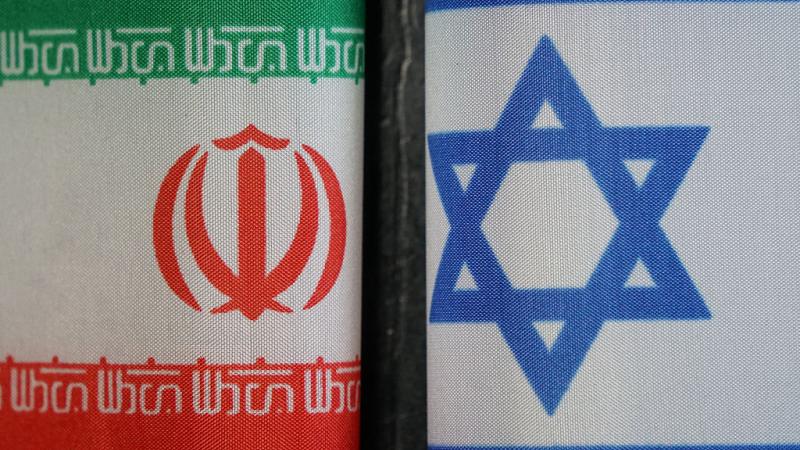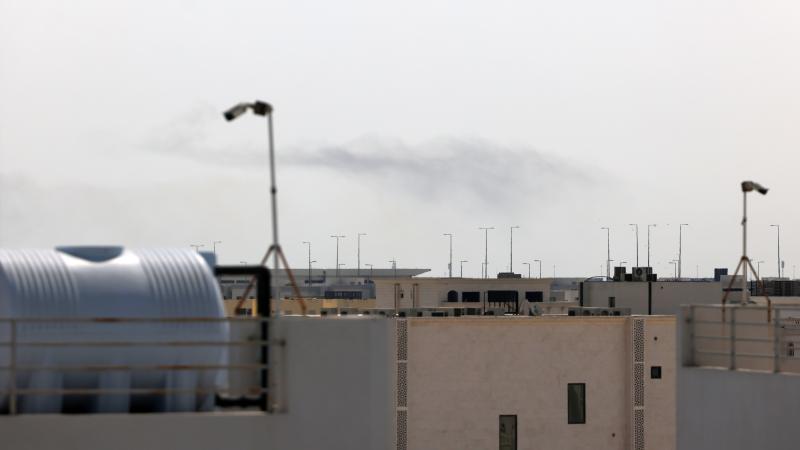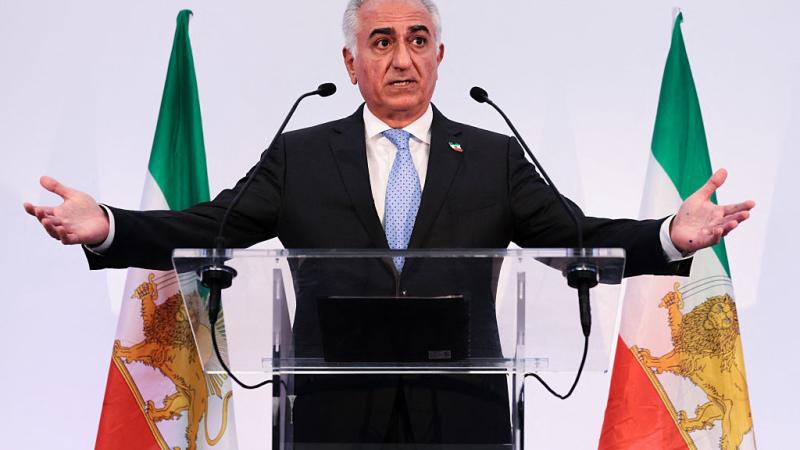Lawmakers urge Biden to intervene over Russian occupied nuclear plant to prevent disaster
“There will either be Russian land, or a scorched desert,” Major General Valery Vasiliev reportedly told his soldiers
A bipartisan group of lawmakers is urging President Joe Biden to take action to prevent a disaster following the Russian occupation of a nuclear plant in southern Ukraine.
“There is no place in the 21st century for the illegal seizure and use of a nuclear facility to terrorize a population. We hope you will take urgent action to help secure the IAEA [International Atomic Energy Agency] visit to prevent a potential humanitarian and ecological disaster," reads a letter to Biden from a bipartisan group of lawmakers and nuclear experts, according to the Wall Street Journal.
Russian forces seized the Zaporizhzhia nuclear plant on March 4 and have since converted the facility to a military base. It stands opposite Ukrainian positions on the Dnieper River and rests roughly 30 miles from the front line near the city of Zaporizhzhia.
Intense shelling disconnected the plant from the power grid on Thursday. Roughly 500 Russian troops currently garrison the facility, the WSJ reported.
The occupying authorities have largely ignored outside calls for nuclear regulators and even threatened to blow up the plant in the event of a Ukrainian counteroffensive in the region.
“There will either be Russian land, or a scorched desert,” Major General Valery Vasiliev reportedly told his soldiers.
The IAEA, earlier this month warned of a potential nuclear disaster if the station was not kept under safe operating conditions.
“This is a serious hour, a grave hour, and the IAEA must be allowed to conduct its mission in Zaporizhzhia as soon as possible," IAEA Director Mariano Grossi told the United Nations Security Council.
Russia has thus far refused to allow IAEA inspectors to visit the facility should they come via Ukrainian-controlled territory. Moscow instead has asked that they come via Crimea, which the Ukrainian government opposes. The Russian government has, however, appeared to soften its attitude toward the matter in recent days, per the WSJ.














